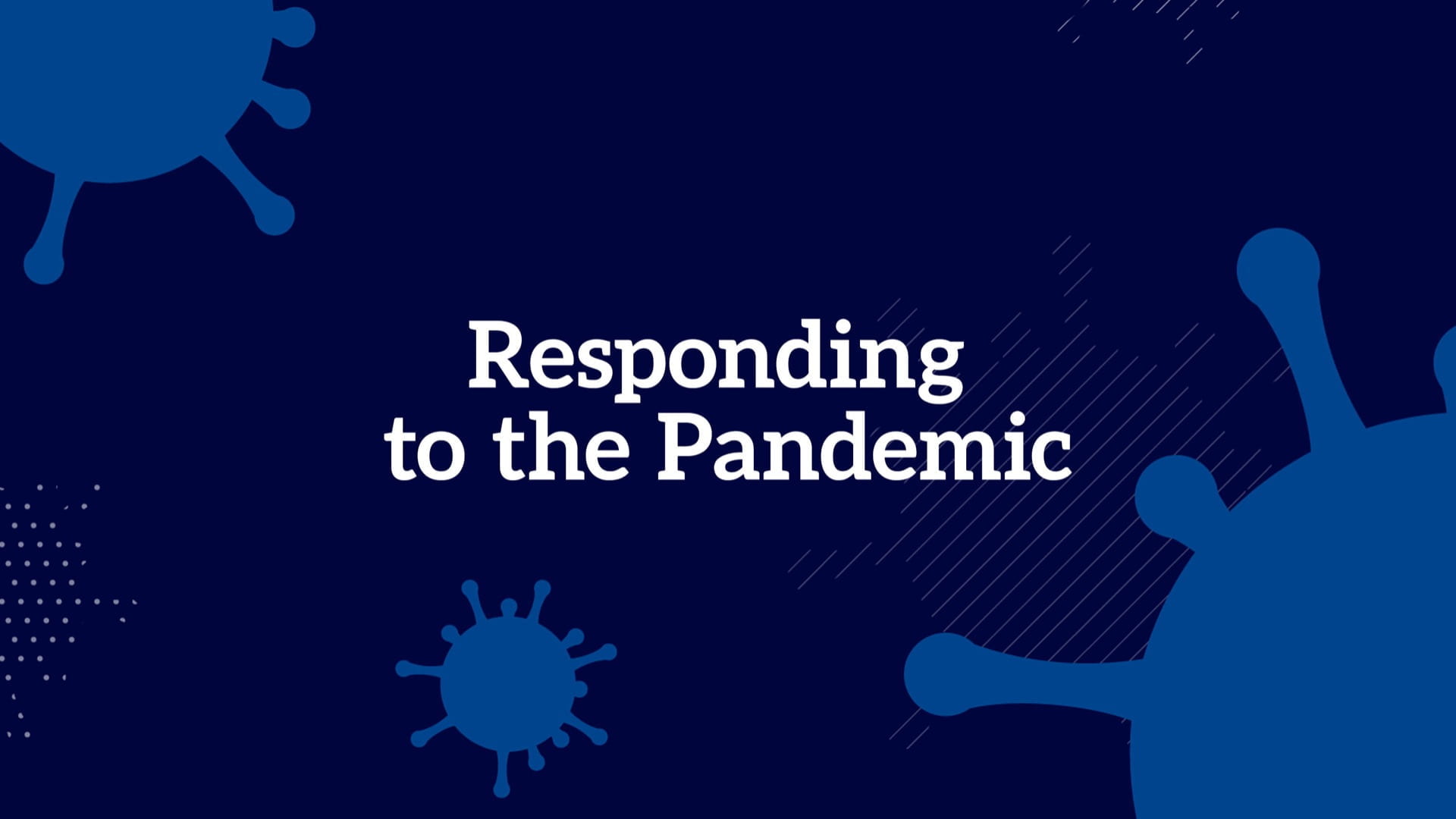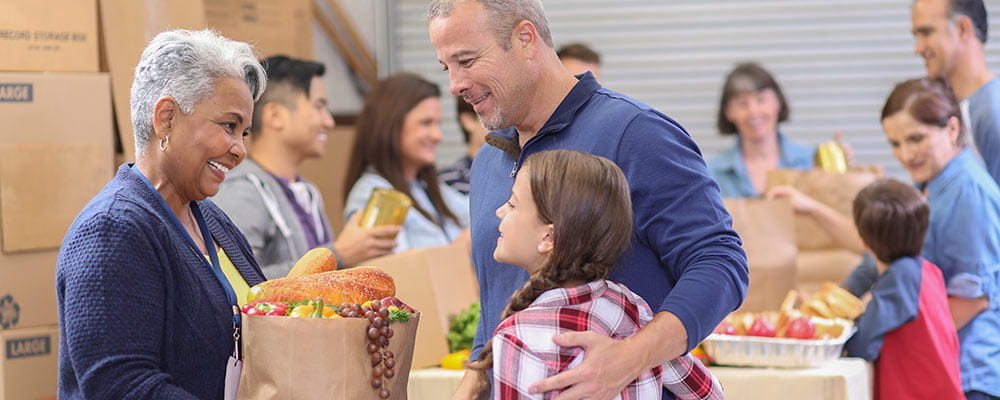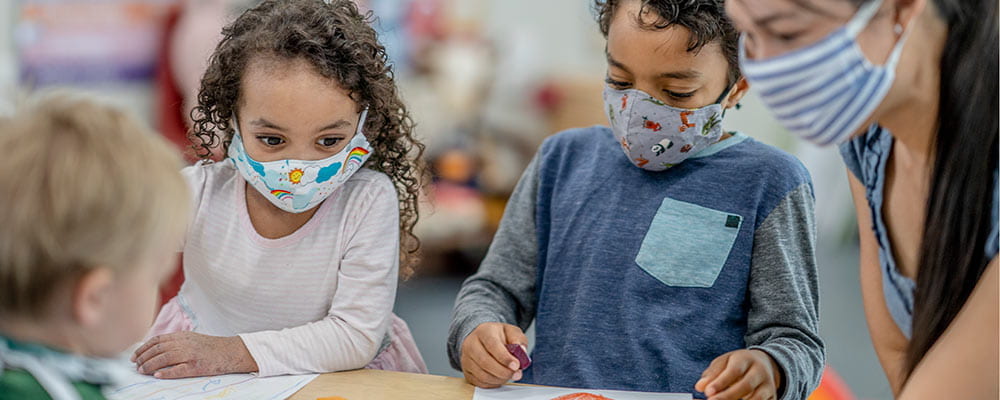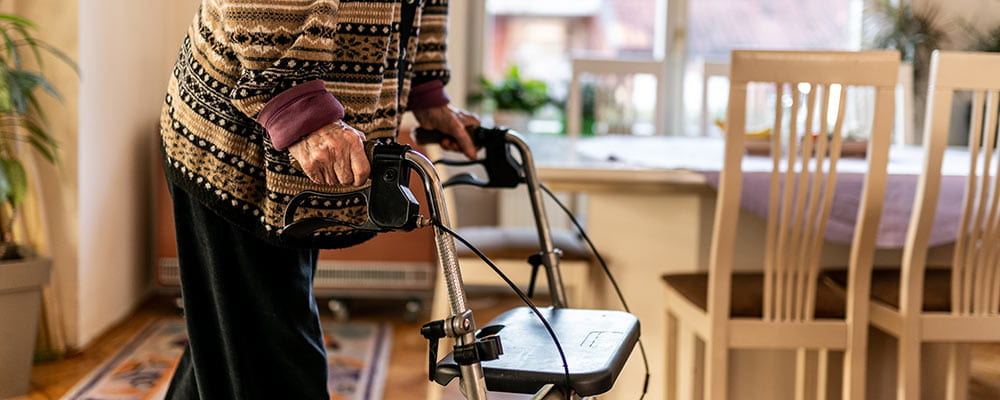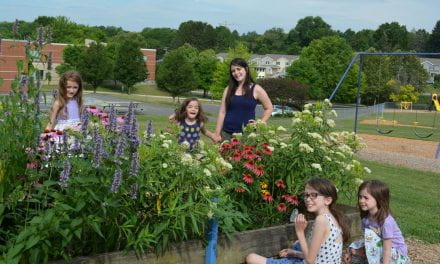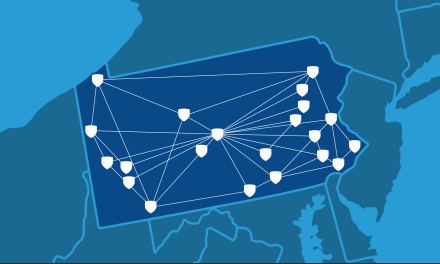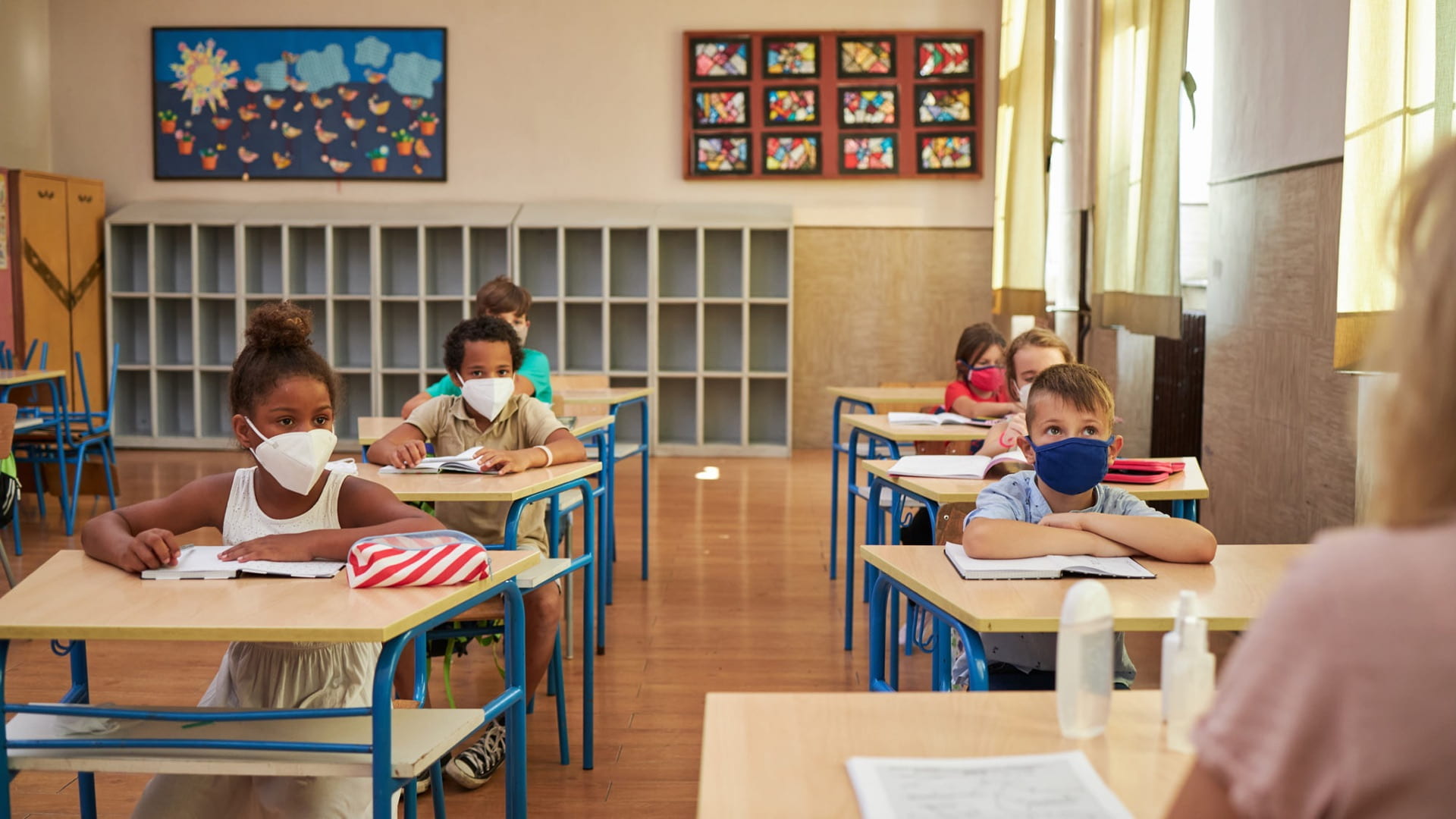
Caring for vulnerable children and families during COVID-19
Caring for vulnerable children and families during COVID-19
Among the innumerable effects of the COVID-19 pandemic on family services, many states have reported a dramatic decrease, some up to 30-40%, in the number of reports to child protective services. Unfortunately, this decrease does not mean that fewer children are vulnerable, but that social agencies may be unable to reach those who are in need.
States reported deceases up to
%
in reports to child protective services during COVID-19 pandemic
“Kids aren’t in those settings where reporting to child protective services is more common, including school or childcare settings,” said Christian Connell, associate professor of human development and family studies and associate director of the Child Maltreatment Solutions Network.
“The pandemic required a dramatic shift in how we collected data on parents and children, and this survey was a way to focus on what’s going on and hear directly from families.”
With funding from a COVID-19 seed grant from the Huck Institutes of the Life Sciences, Connell and collaborator Michael Strambler at Yale School of Medicine administered a web-based survey to families in the northeastern United States, focusing on the impacts of parental stress and economic strain during the pandemic.
States reported deceases up to
%
in reports to child protective services during COVID-19 pandemic
“Kids aren’t in those settings where reporting to child protective services is more common, including school or childcare settings,” said Christian Connell, associate professor of human development and family studies and associate director of the Child Maltreatment Solutions Network.
“The pandemic required a dramatic shift in how we collected data on parents and children, and this survey was a way to focus on what’s going on and hear directly from families.”
With funding from a COVID-19 seed grant from the Huck Institutes of the Life Sciences, Connell and collaborator Michael Strambler at Yale School of Medicine administered a web-based survey to families in the northeastern United States, focusing on the impacts of parental stress and economic strain during the pandemic.
The team wanted to understand parenting roles and supports during the pandemic, including how pandemic stressors affected parents’ discipline practices and whether they were more often turning to harsh or neglectful methods.
The survey covered a broad range of pandemic stressors, including healthcare concerns, COVID-19 symptoms and testing, financial strain, job loss, and school closures. All families surveyed had at least one child under the age of 18 living in the home.
Over the course of April and May, 2,100 families across the northeastern United States were surveyed. Participants were selected to represent a diverse cross-section of the country.
“The pandemic required a dramatic shift in how we collected data on parents and children, and this survey was a way to focus on what’s going on and hear directly from families.”
“The pandemic required a dramatic shift in how we collected data on parents and children, and this survey was a way to focus on what’s going on and hear directly from families.”
“With the regional data we gathered, we want to understand the various ways the pandemic might be affecting different groups of families within the general population,” said Connell. “We really wanted to give consideration to the effects of the pandemic, and the public health response to it, at large.”
An additional 4,000 households in Pennsylvania who are involved in state services were surveyed later in the summer. The team worked to recruit families from potentially vulnerable populations who utilize state resources that provide supplemental nutrition, temporary assistance for families, subsidized childcare, and autism and developmental supports.
“At the state level, we’re really interested in giving information back to state agencies about the particular challenges families in their service populations might be facing,” said Connell, whose team is developing research briefs to provide feedback to agency leadership and policymakers.
One of the key questions we are asking is, ‘How is the pandemic affecting caregiver experiences of stress and strain, and how do these experiences affect their parenting practices, such as the care they are able to provide or how they discipline their children?’ For example, are parents providing the appropriate level of supervision and the proper basic resources for the child?” he continued. “We’re looking at their discipline practices, including harsh verbal and physical discipline, but we’re also looking at positive discipline, strategies like timeout or other age-appropriate practices.”
Pennsylvania family service agencies
The team has found that families with higher levels of exposure to COVID-19 risks and stressors are reporting higher levels of stress and are more likely to engage in some types of neglectful or harsh discipline. But they are also more likely to report using positive discipline strategies.
“We are still trying to understand some of the factors at play,” said Connell. “It appears that households experiencing greater levels of stress as a result of the pandemic are also experiencing more opportunities for parents to discipline their child, and that this is contributing to higher rates of both positive and negative strategies. We hope to understand what factors can promote more positive parenting responses to this public health crisis.”
The researchers have only begun to examine the data, and more insights are likely to emerge as their analyses continue. Understanding how to support families during the pandemic—and future times of challenge and stress—will help them make good parenting choices and create positive family experiences.
While the pandemic has been difficult for many families, the goal of Connell and the Child Maltreatment Solutions Network is to make sure the most vulnerable children in our society are being cared for. Hopefully, this study will reveal that many of them have remained well during this challenging year.
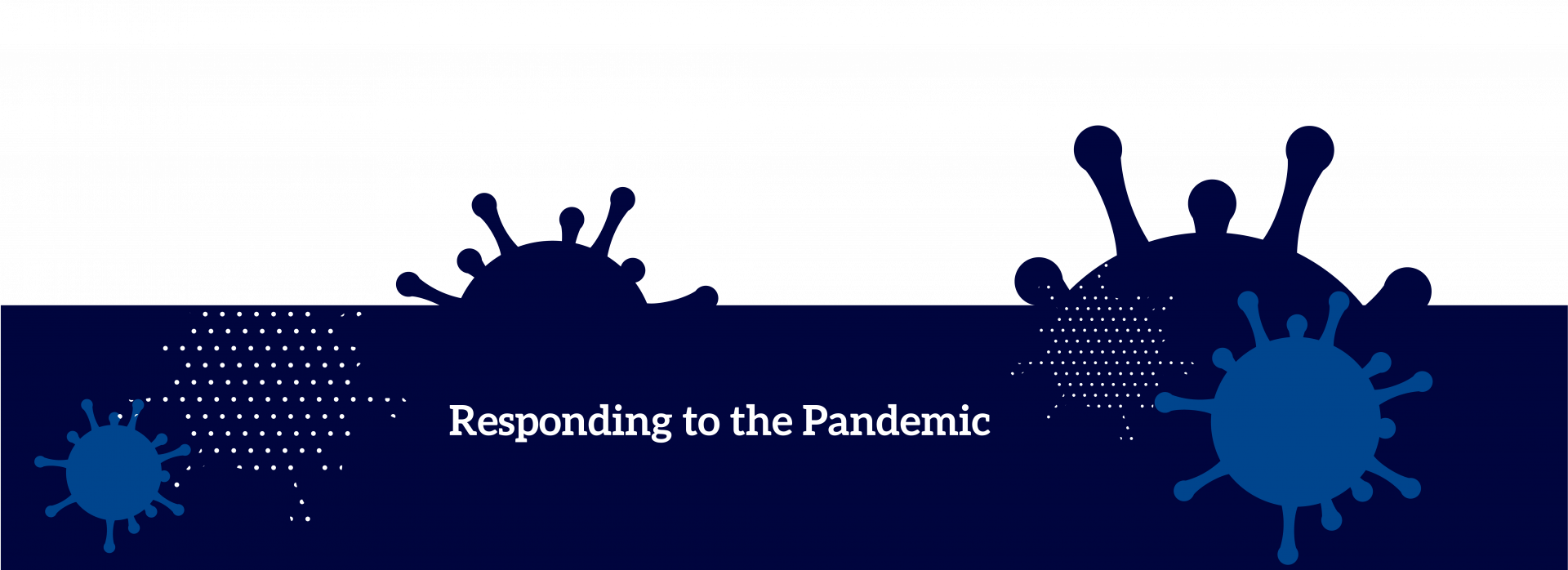
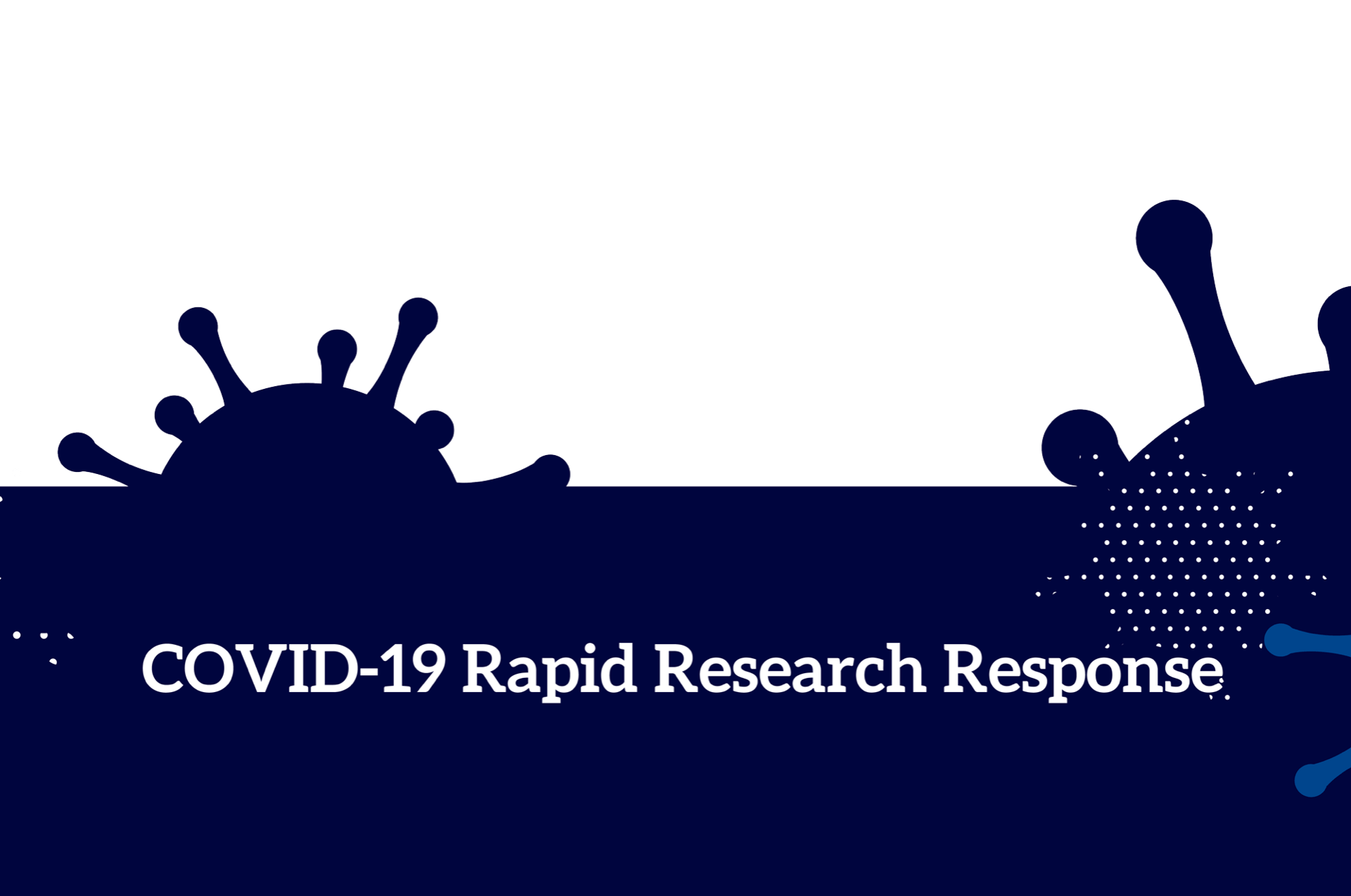

Rules of the wild: How America’s Wild Spaces are Adapting to the Pandemic
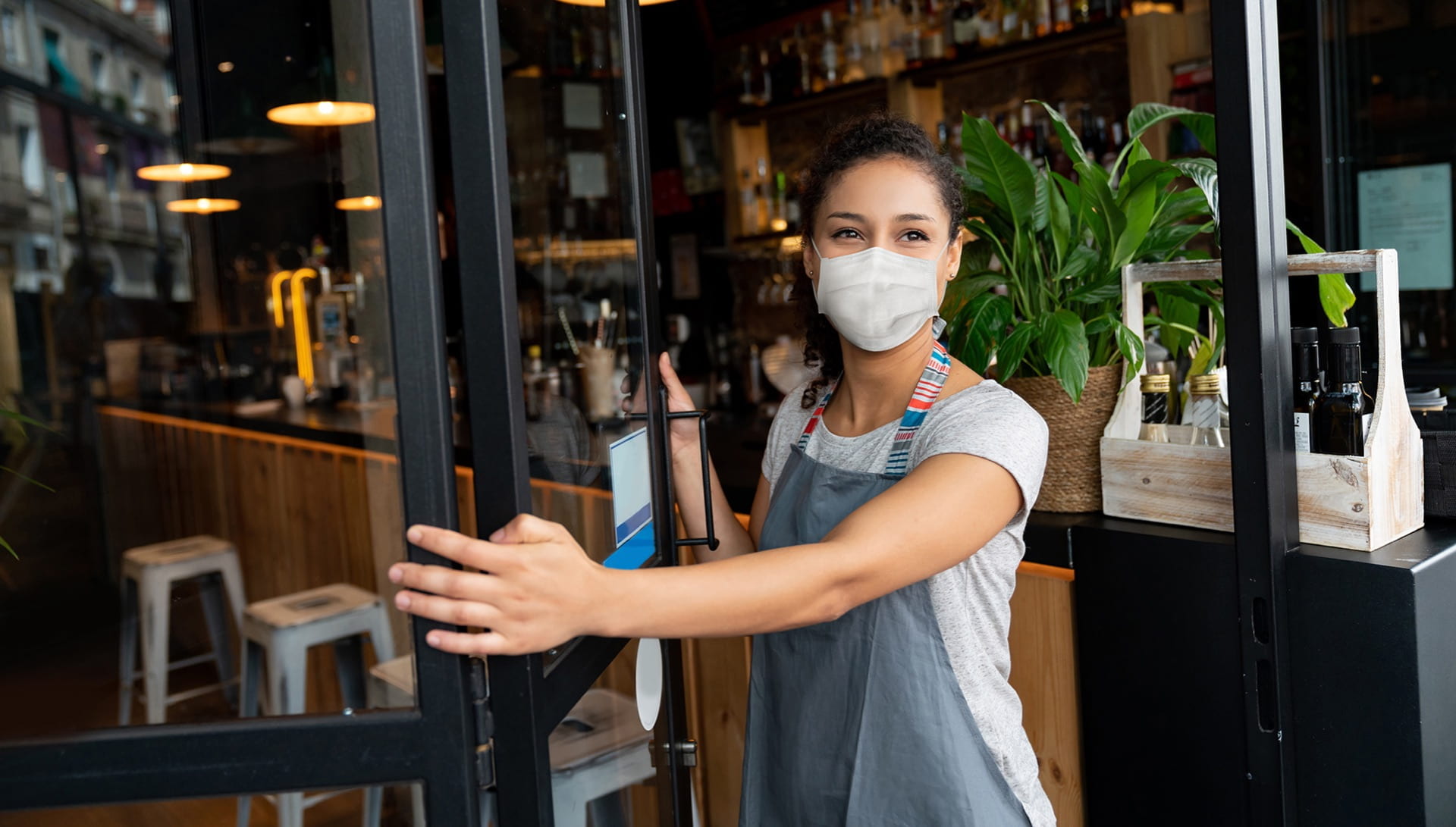
Keeping Restaurants Working
